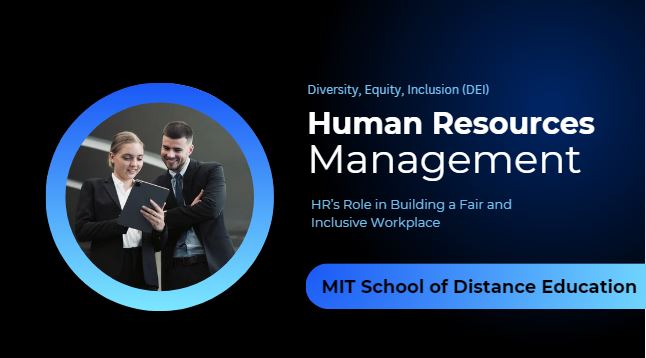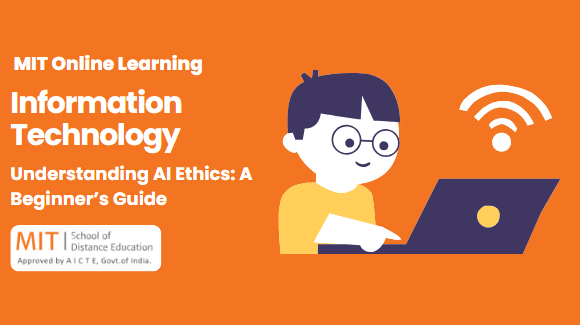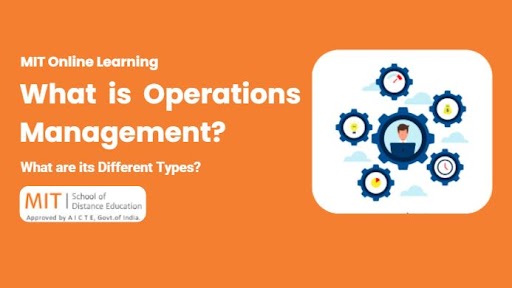
In today’s rapidly evolving workforce, diversity, equity, and inclusion (DEI) have become essential pillars for fostering a positive, dynamic, and innovative work environment.
The role of HR professionals in promoting and implementing effective DEI programs is more critical than ever. A diverse and inclusive workplace not only drives innovation but also leads to higher employee satisfaction and retention.
What is DEI and Why Does It Matter?
A commitment to diversity, equity, and inclusion goes beyond fulfilling legal requirements; it helps create a workplace where individuals from all backgrounds feel valued, respected, and empowered.
Diverse teams are proven to perform better, with studies showing that they bring a broader range of perspectives and solutions to the table. In addition, when employees feel included and treated fairly, they are more engaged and motivated, which ultimately boosts productivity.
What is HR’s role in Driving DEI?
HR professionals play a vital role in ensuring that DEI initiatives are not just a checkbox but are ingrained into the organization’s culture. Here are some strategies HR managers can use to promote diversity, equity, and inclusion within their companies:
Inclusive Hiring Practices
A major focus of any DEI strategy is the recruitment process. By using inclusive hiring practices, HR teams can ensure they are attracting talent from a variety of backgrounds.
This includes revising job descriptions to remove biased language, using blind recruitment techniques, and broadening the range of platforms used to post job openings. This helps in fostering a diverse workforce from the outset.
Bias Awareness Training
Unconscious bias can hinder the success of DEI programs. To combat this, HR should conduct bias awareness training for all employees, especially managers and team leaders.
These programs help employees recognize and mitigate biases that can influence decision-making in hiring, promotions, and team dynamics. Regular DEI training can go a long way in creating a more inclusive work culture.
Employee Resource Groups (ERGs)
Employee Resource Groups provide a platform for underrepresented groups to voice their concerns and share experiences.
HR can support ERGs by providing resources, facilitating meetings, and incorporating the feedback gathered into larger HR strategies. ERGs help create a sense of belonging and ensure that diverse employees have a direct line to HR for their specific needs.
Equitable Opportunities for Growth
HR managers must ensure that all employees have equal access to opportunities for growth and development.
Implementing equitable promotion practices and providing leadership development programs for underrepresented groups can help level the playing field and ensure that everyone has a fair chance to succeed.
Why Is Advanced HR Education Important?
As the role of HR becomes increasingly complex, HR professionals need to stay informed about the latest trends and best practices in DEI. This is where advanced education, such as a Post Graduate Diploma in HR Management, can be highly beneficial.
By enrolling in a post graduate HR course, professionals gain in-depth knowledge of HR management, including strategies to drive DEI initiatives effectively.
At MIT School of Distance Education, the PGDM in HR Management equips you with the skills to develop and implement diversity, equity, and inclusion programs in the workplace. The course, available through distance learning, allows you to upskill at your own pace while gaining a comprehensive understanding of HR practices that are vital in today’s work environment.



